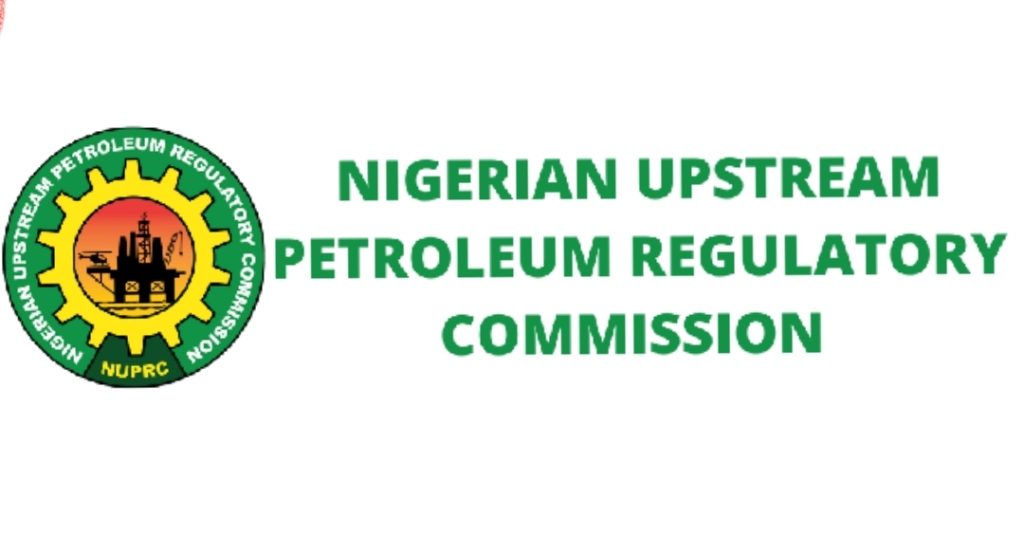The Nigerian petroleum industry stands at a critical juncture, four years after the enactment of the Petroleum Industry Act (PIA), as it navigates the complexities of Host Community Development Trusts (HCDTs). These trusts, designed to foster sustainable development and improve the well-being of communities impacted by oil and gas operations, represent a significant shift in the relationship between the industry and its host communities. However, the practical implementation of these HCDTs has presented a mixed bag of successes and challenges, necessitating a critical examination of the progress made and the obstacles encountered. To address these issues and chart a more effective path forward, First Fiduciary Limited, in partnership with the Nigerian Upstream Petroleum Regulatory Commission, is convening a high-level roundtable in July 2025 to delve into the experiences, lessons learned, and future direction of HCDTs.
The roundtable, themed “Four Years After the Petroleum Industry Act: Rethinking the Experience, Restating the Future,” aims to bring together a diverse group of stakeholders, including industry operators, regulators, trust board members, legal experts, and community leaders, to engage in a robust dialogue on the state of HCDT implementation. The event will provide a platform for sharing insights, identifying best practices, and exploring strategies to enhance the effectiveness and inclusivity of HCDTs. While acknowledging the progress made in establishing these trusts, organizers recognize the need for a more nuanced approach to stakeholder engagement and operational excellence in trust administration. The discussions will focus on dissecting the factors that contribute to the success of certain HCDT models while others falter, providing valuable lessons for improvement and future implementation.
The imperative for effective HCDTs stems from the significant financial resources allocated to them – billions of naira – and the crucial role they play in maintaining the social license to operate for the petroleum sector. A well-functioning HCDT framework is not only essential for fostering positive relationships with host communities but also for ensuring the long-term sustainability of Nigeria’s energy industry. By facilitating development projects and addressing community needs, HCDTs can mitigate conflicts, foster trust, and create a more stable operating environment for oil and gas companies. The roundtable serves as a crucial platform for stakeholders to recalibrate their approaches, share valuable experiences, and collectively shape the future of host community development in Nigeria.
A key area of focus for the roundtable will be the operational aspects of HCDT administration. While the initial establishment of these trusts has been largely achieved, the intricacies of their ongoing management and governance require careful consideration. Discussions will revolve around best practices in financial management, project selection and implementation, community engagement, and conflict resolution mechanisms. The aim is to identify and disseminate strategies that promote transparency, accountability, and community ownership of development initiatives. By learning from both successes and challenges, participants can collectively develop a more robust and effective framework for HCDT administration.
Beyond operational efficiency, the roundtable will also delve into the broader context surrounding HCDT implementation, including regulatory oversight, legal frameworks, and the evolving relationship between oil and gas companies and their host communities. The discussions will explore the role of the Nigerian Upstream Petroleum Regulatory Commission in ensuring compliance with the PIA’s provisions related to HCDTs and facilitating effective communication between stakeholders. Legal experts will contribute insights on the legal and contractual aspects of HCDT establishment and operation, while community leaders will share their perspectives on the impact of these trusts on local development and the challenges they face. The roundtable aims to foster a holistic understanding of the HCDT landscape and identify opportunities for improvement across all levels.
The success of the roundtable rests on the active participation of a diverse range of stakeholders, including upstream operators, legal and compliance professionals, corporate social responsibility and sustainability teams, community leaders, policymakers, and regulators. By bringing together these key actors, the event aims to create a dynamic forum for knowledge sharing, collaboration, and the development of practical solutions to the challenges facing HCDT implementation. The ultimate goal is to foster a shared understanding and commitment to building sustainable and mutually beneficial partnerships between the oil and gas industry and its host communities in Nigeria, contributing to the long-term stability and prosperity of the sector.














